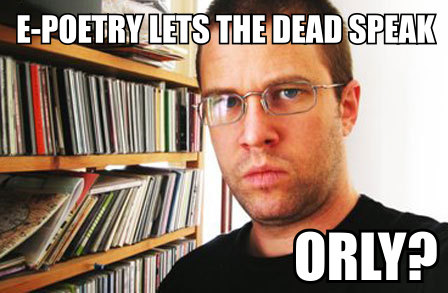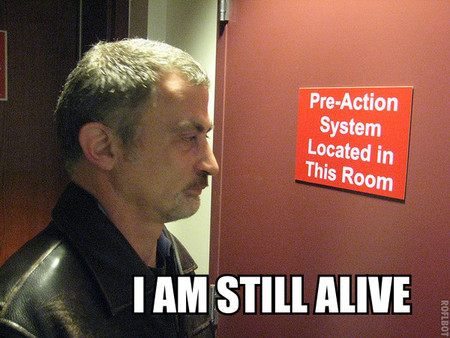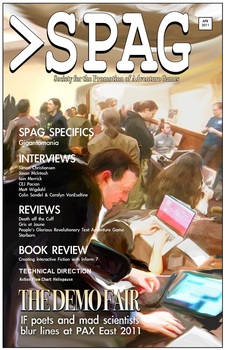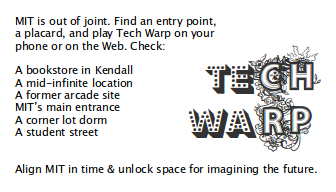The Digital Rear-View Mirror
I’m at the intriguing and very sucessful third 2011 symposium of TILTS, the Texas Institute for Literary and Textual Studies. (Interestingly, TILTS can be spelled using only letter from “The X-Files.”) I might have written more about the event, but my computer has been identified by automated UT-Austin systems as being a rooted Windows machine (although it’s not a Windows machine at all) and is banned from the network. Desite my radio silence, though, the symposium has certainly been a space of lively discussion of digital media work, computational linguistics and its application to humanistic inquiry, and the representation of technology in media.









